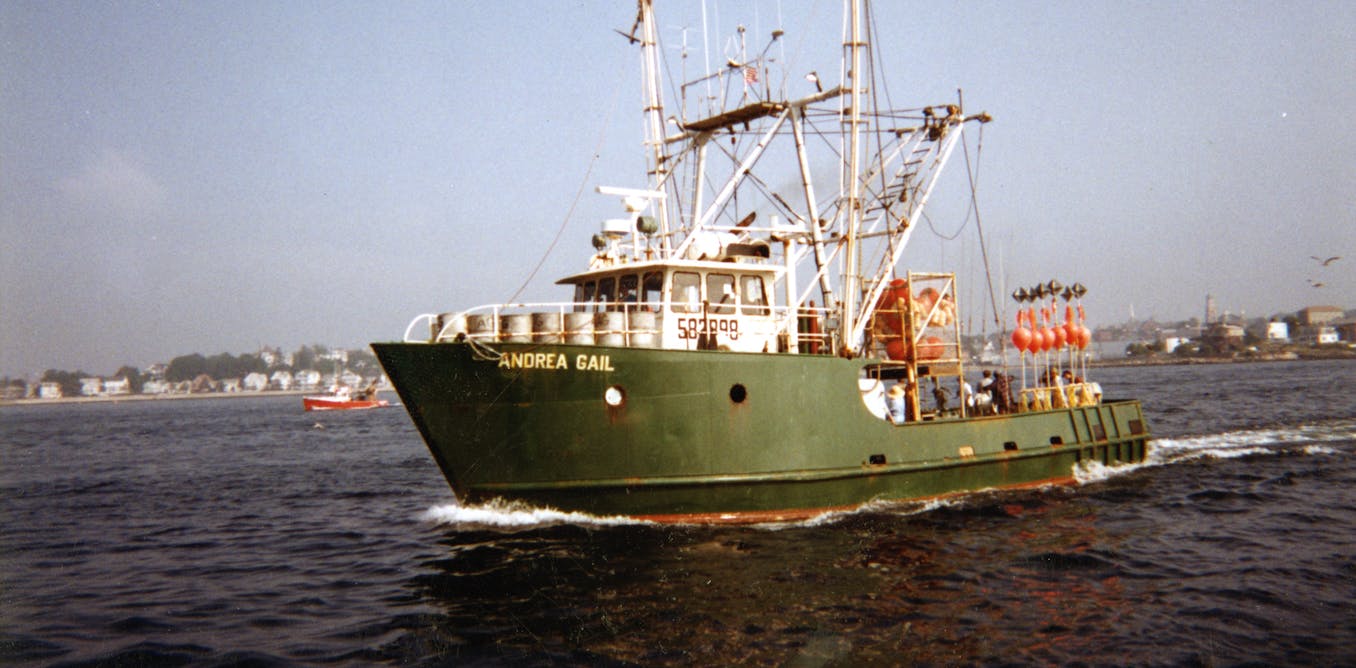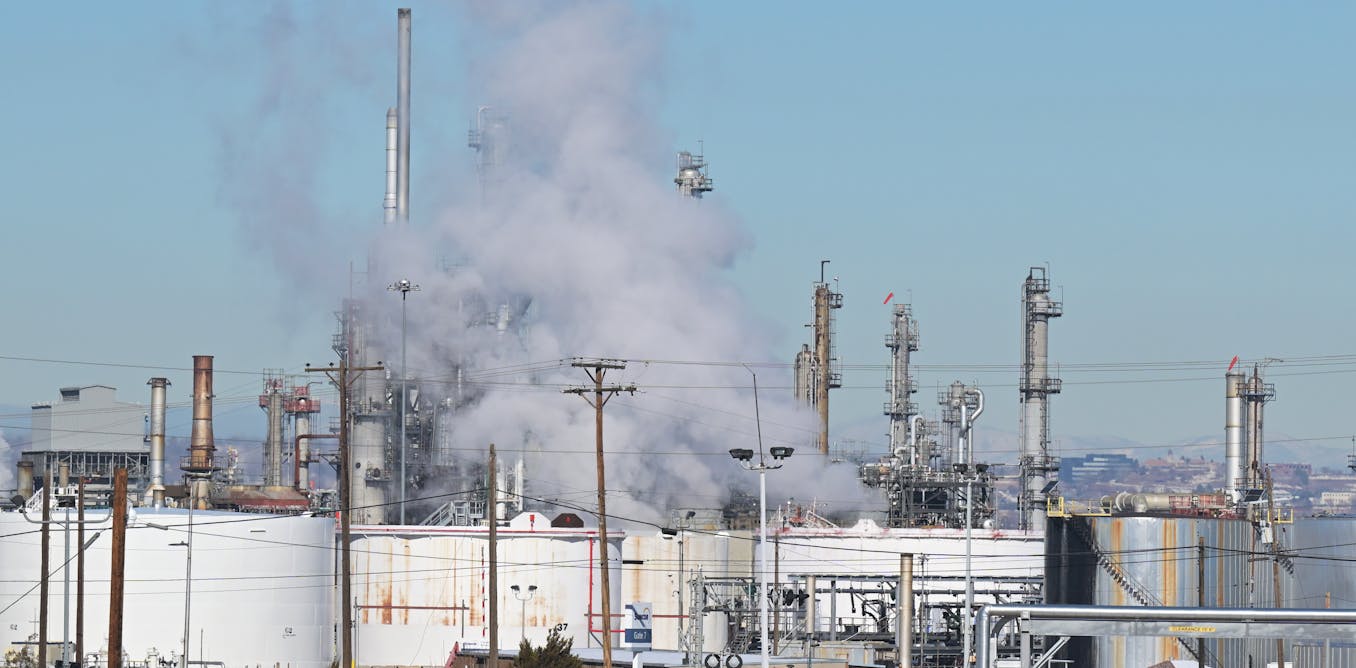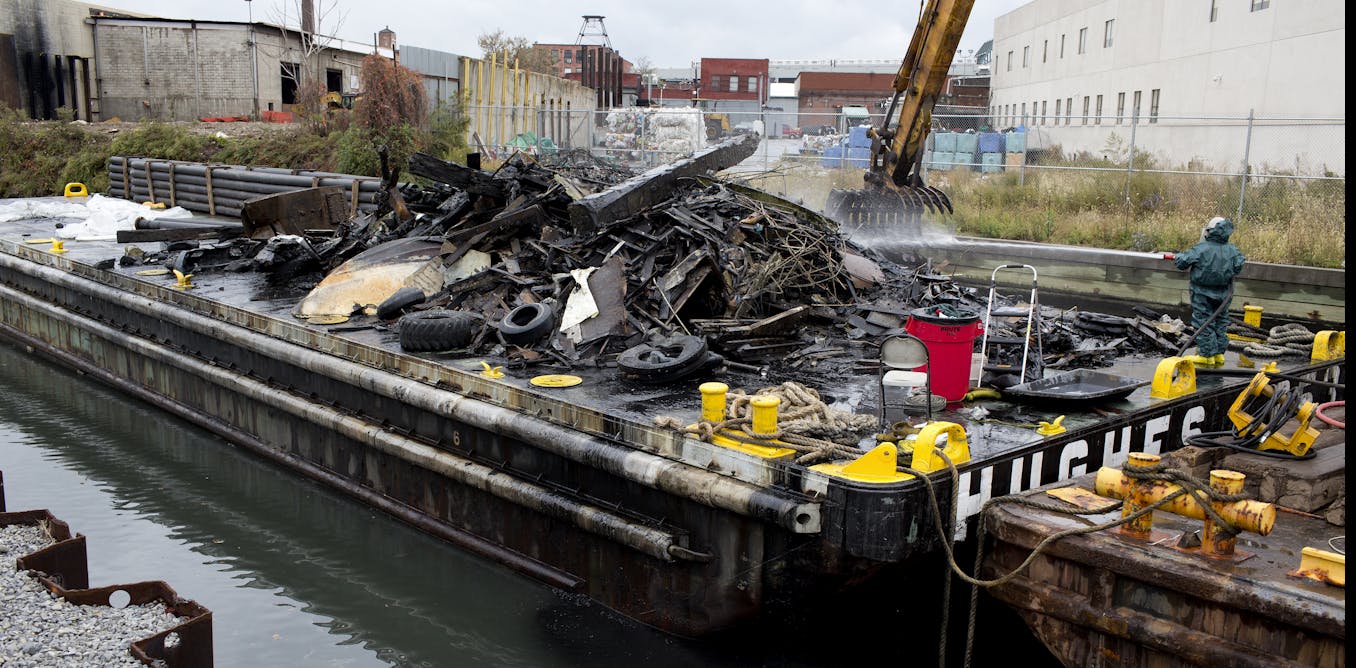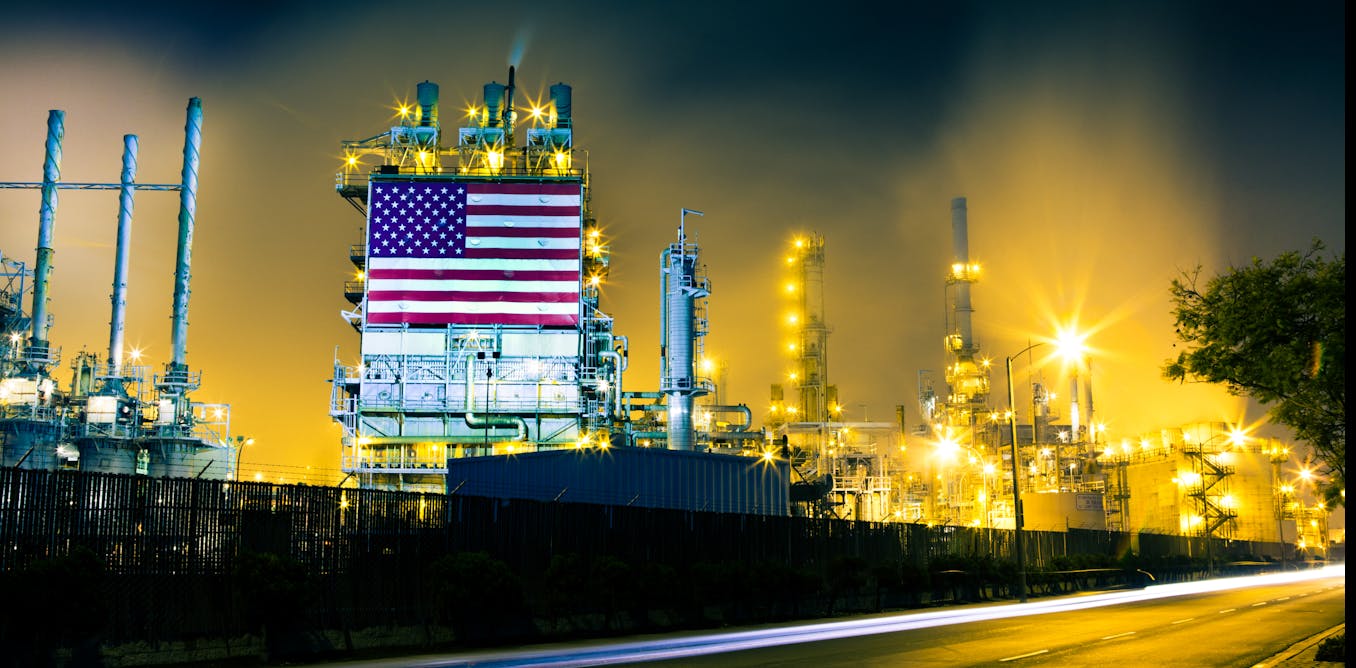Checking in on New England’s fishing industry 25 Years after ‘The Perfect Storm’ hit movie theaters
Fishing was once more open to all off New England. After devastating fishery collapses, stricter rules helped fish stocks recover, but they also changed the face of fishing and the lives of fishermen.
June 25, 2025 • ~9 min







